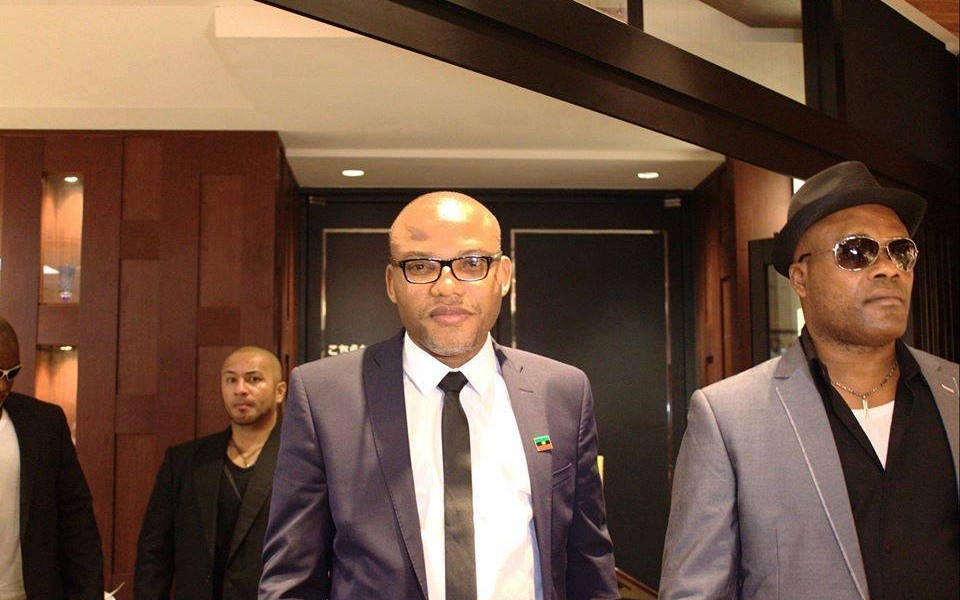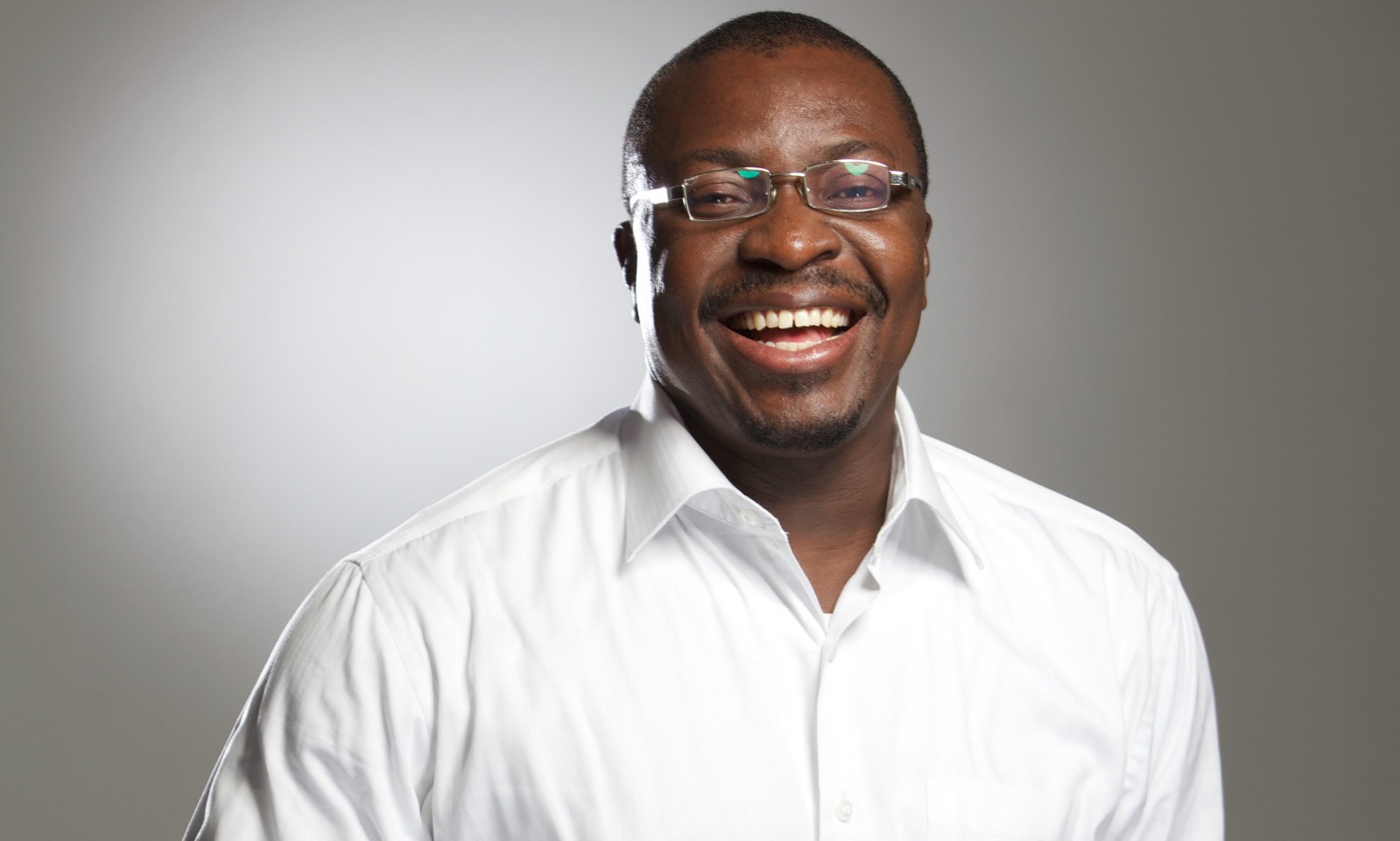Fellow Nigerians, the roof is on fire. And the owners of the house should not sleep and snore lest they get badly burnt. Please, let no one treat or dismiss this Biafra controversy as humbug because it is very serious and has the potential of spiralling out of control and snowballing into an unprecedented conflagration of unquenchable propensities. War has never been a tea party.
I was about seven years old when the Nigerian civil war broke out in July 1967. I was a child but not too young not to know and understand some of what was happening. I certainly felt the tremor of it even in far-away Ile-Ife. We knew something was definitely wrong when we suddenly noticed the inexplicable disappearance of our neighbours and family friends. The most painful for us in my own home was the forceful separation from our prayer warrior and spiritual Guru, Papa Fineface. Papa Fineface had migrated from the Eastern part of Nigeria to Ile-Ife many years earlier. Suddenly like a wisp of smoke he was gone! At that time, we called such citizens of Nigeria from that part, Ibo. Much later, I somehow learnt that the people should actually be addressed as Igbo. Well, we continued to use the two names interchangeably till today.
The civil war that started like a joke raged on for about three years and sent many innocent casualties, running into millions, into despair and sorrow. Hundreds of thousands went on a journey of no return to their Maker. Many more lost their limbs and other vital body parts. Others parted ways with all their worldly possessions. Some still carry the scars of war till this day, more than 45 years after the war ended.
The post war trauma is certainly even far worse. I have read many Nigerian civil war accounts, as I grew older, in newspapers, books, novels and memoirs. By any of the accounts, the pogrom was maniacal and the extent of man’s inhumanity to man was heartrending. Unfortunately, History is no longer a compulsory subject in our school curriculum. Therefore, there is no point blaming those beating the drums of war. Most of them were either too young to appreciate the horror of the war or worse still had not even been born at the end of the war. It is therefore easy for them to romanticise the ideals which they fight for and issue a call to arms even though they know nothing about the horrible plight that they would want to plunge their people and their country into. If they could just travel down memory lane and see for themselves what the true meaning of war is and why it should never ever be contemplated on our shores again, maybe they will begin to see some sense and reason. It is a shocking shame that despite the graphic images of sectarian violence that we have witnessed all over the world in recent times, in other climes, those in the know who have lived abroad and had access to such information and images will still feel that they must unleash similar violence on their own country and people.
The reason for the preamble thus far is to settle one fact; that I knew a bit about the Biafran war even if I did not experience it directly. This is why all men and women of good conscience should urgently reach out to the young folks stoking the embers of revolution, secession, war, or whatever they wish to call it and beg them profusely to kindly perish the thought. Such ideas have no place in Nigeria of the 21st century. We thought that they had been consigned to the dustbin of history but alas that is not the case probably because that history has been denied the propagators of these ill-thought and ill-conceived notions. The bigger plea should even go to the Federal Government of Nigeria. My reason is simple. The government is about to pour petrol and explosives into the towering inferno by reacting angrily to a battle that is in its infancy and can still be nipped in the bud without casualties.
As for me and our house, we did not know of anyone called Nnamdi Kanu until he was arrested and locked up during a visit to Nigeria from his base in the United Kingdom a few months ago. At the very best, some people knew him as the founder of a pirate radio station called Radio Biafra. I’ve never tuned in to it and so wouldn’t know what profanities it disseminated that led to the government chasing its owners. I’m aware that even about 20 years ago, when I participated in the Radio Freedom (later changed to Radio Kudirat) from the same United Kingdom, it was impossible to track us down. We communicated with the central operations, located in a Scandinavian country, remotely by telephone. The rest was left to the engineers to sort out.
Dele Momodu is a Nigerian journalist, publisher, and former presidential aspirant. He tweets from @delemomodu. This article is culled from ThisDay.
The opinions expressed in this article are solely those of the author.







